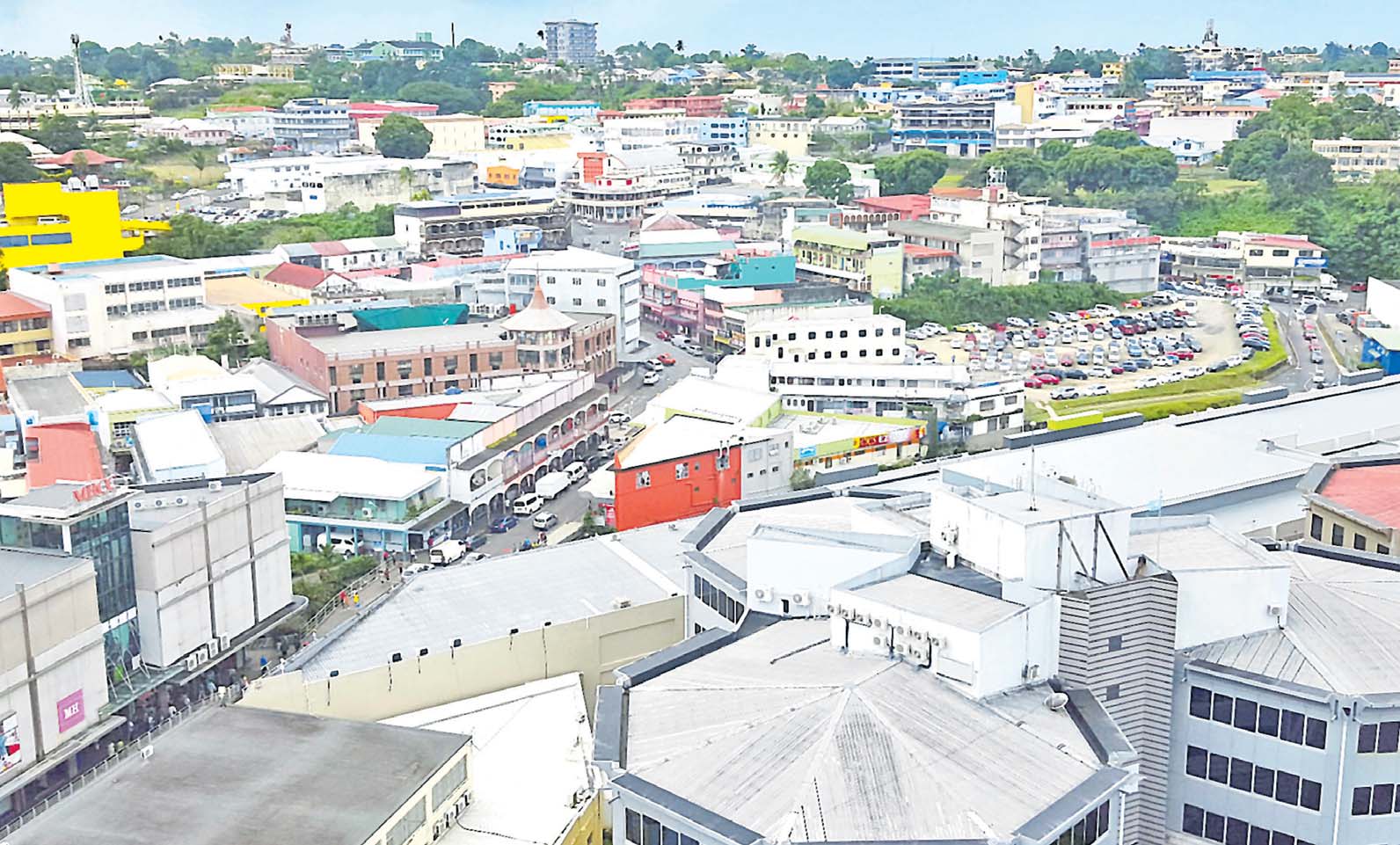Fiji’s trade in services for the past 20 years has grown significantly faster than trade in goods and approximately contributing 70 per cent to the nation’s gross domestic production (GDP).
Speaking during the opening of the Advanced Pacific Regional Trade in Services and Project Proposal workshop, Trade Ministry permanent secretary Shaheen Ali said the growth of trade was one of the most dynamic segments of international trade and was a vital aspect of global value chains and economic development.
“Fiji’s economy is predominantly a services economy with approximately 70 per cent of GDP being composed of services. Tourism alone accounts for 40 per cent. Our estimates show that over half (57 per cent) of our employment is through tourism and other services like Business Process Outsourcing (BPO),” Mr Ali said.
“In Fiji, the services sector has emerged as a vital component of our economy, encompassing areas such as tourism, finance, telecommunications, and professional services. “In 2022, our economy grew by 15.9 per cent, Reserve Bank of Fiji (RBF) estimates this to be closer to 20 per cent, services contributed to 12.8 per cent or 80 per cent, largely due to tourism.
“Last year we had eight per cent growth, also largely underpinned by tourism. One can conclude that Fiji’s recovery post Covid has been shouldered by strong growth services, particularly tourism.”
Mr Ali said this growth also had a positive impact on complementary services such as transport and wholesale and other Micro, Small and Medium Enterprises (MSMEs) connected services that make up the local tourism supply chain.
He said the private sector would need a “secure consistent and guaranteed access to markets in our region and beyond” in order to grow Fiji’s trade in services.
“And in order for the Pacific to secure market access in other markets, we need to enter into more regional and bilateral trading arrangements with other parties.
“We all know the Multilateral Trade in Services negotiations has been somewhat stagnant since the Uruguay Rounds in 1995.
“Therefore, regional, and bilateral trade agreements will play an important role in extending the services export market of the Pacific and the world,” he said.



